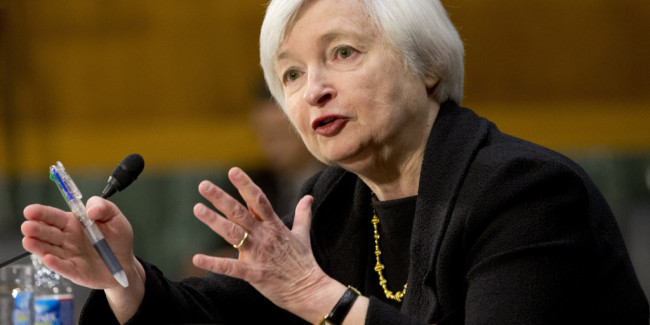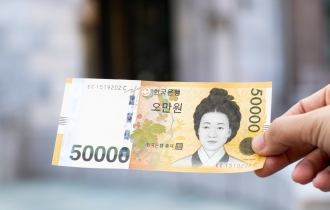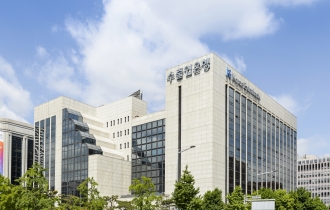Possible FOMC tightening to ease uncertainties: analysts
[THE INVESTOR] The United States Federal Open Market Committee’s decision this week to take another step back from yearslong quantitative easing is likely to ease uncertainties for the financial markets in Korea, according to multiple analysts.
The FOMC’s highly-anticipated decision to shrink the balance sheet, backed by signs of pick-up in US consumer inflation, will “lift some uncertainties,” wrote Kim Yu-kyum, an analyst at Cape Investment & Securities.

“The higher-than-expected rate of consumer price inflation will speed up the tapering in the US,” Kim wrote, citing August’s 0.4 percent rise in the US consumer price, the highest in seven months.
Another analyst, James Huh of Samsung Securities, wrote in a note that a release of FOMC meeting minutes on Wednesday will serve as a “buffer,” calling the possible reduction in the balance sheet a chance to “narrow the gap between the market expectation and US Federal Reserve’s plan for a rate hike before the end of 2017.”
The analysts’ forecast came in contrast to previous taper tantrums.
Korea‘s Kospi, for instance, sank 1.24 percent on May 23, 2013, when the then-Fed Chair Ben Bernanke signaled a rate hike.
As the stocks’ fundamentals in Korean markets remain “robust,” they will waver little after the US balance sheet drawdown, the analysts said.
“When the stock market was not prepared, a tapering was seen dragging down the local stock indexes,” said Seo Bo-ick of Eugene Investment & Securities. “It is not the case now, because the stock market in Korea is ready to leap forward on the back of strong fundamentals, especially in the tech and chemicals sectors.”
Local analysts have begun to shift attention away from geopolitical risks into the world‘s monetary policymakers, saying Korea’s stock market was able to escape the North Korea influence over the past couple of months, including the missile launch on Sept. 15.
“(Korea) is climbing down from the height of market volatility by geopolitical risks,“ Kim of Cape Investment & Securities wrote.
The Kospi closed at 2,386.07 Sept. 15, up 1.8 percent from a week prior, despite foreign investors‘ selling trend over the past five trading days, through which foreigners net sold stocks worth 453.5 billion won ($400.4 million). On Sept. 15, the index jumped 0.35 percent daily, despite North Korea’s launch of intercontinental ballistic missiles that flew over northern Japan.
By Son Ji-hyoung (consnow@heraldcorp.com)/ The Korea Herald
EDITOR'S PICKS
- LG Chem eyes new leap into top science company
- Korea enters clear growth path as Q1 growth hits 2-year high
- Hyundai, Kia seek to boost presence in China market
- 7 out of 10 wealthy Koreans offer grim outlook for 2024
- [KH Explains] Korean shipbuilding stocks rally: Real growth or bubble?
- [Hello India] Hyundai Motor vows to boost 'clean mobility' in India
- Eximbank to nurture regional development specialists
- [From the Scene] KG Mobility poised to take next leap










![[KH Explains] Korean shipbuilding stocks rally: Real growth or bubble?](http://res.heraldm.com/phpwas/restmb_idxmake.php?idx=141&simg=/content/image/2024/04/25/20240425050656_0.jpg)
![[Hello India] Hyundai Motor vows to boost 'clean mobility' in India](http://res.heraldm.com/phpwas/restmb_idxmake.php?idx=141&simg=/content/image/2024/04/25/20240425050672_0.jpg)

![[From the Scene] KG Mobility poised to take next leap](http://res.heraldm.com/phpwas/restmb_idxmake.php?idx=141&simg=/content/image/2024/04/24/20240424050621_0.jpg)

